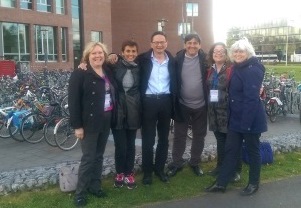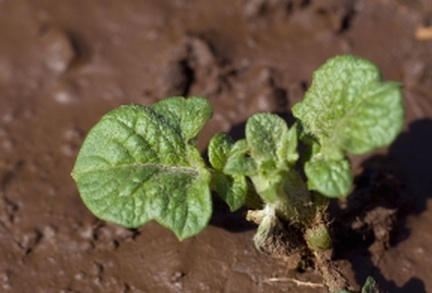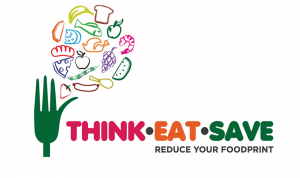Communication challenges in delivery and adoption of Saline Tolerant Rice Variety in Bangladesh
Written by Mohummad Kamrul Hassan and Cleofe Torres, College of Development Communication UPLB In Bangladesh, despite inadequacies in resources, the rural communication services (RCS)1 provided by the government agricultural extension office remain the most accessed and trusted sources of information on saline tolerant rice variety (STRV) among farmers in Amtali, Barguna district, Barisal. Public extension occupies a central position in the communication network of farmers.





